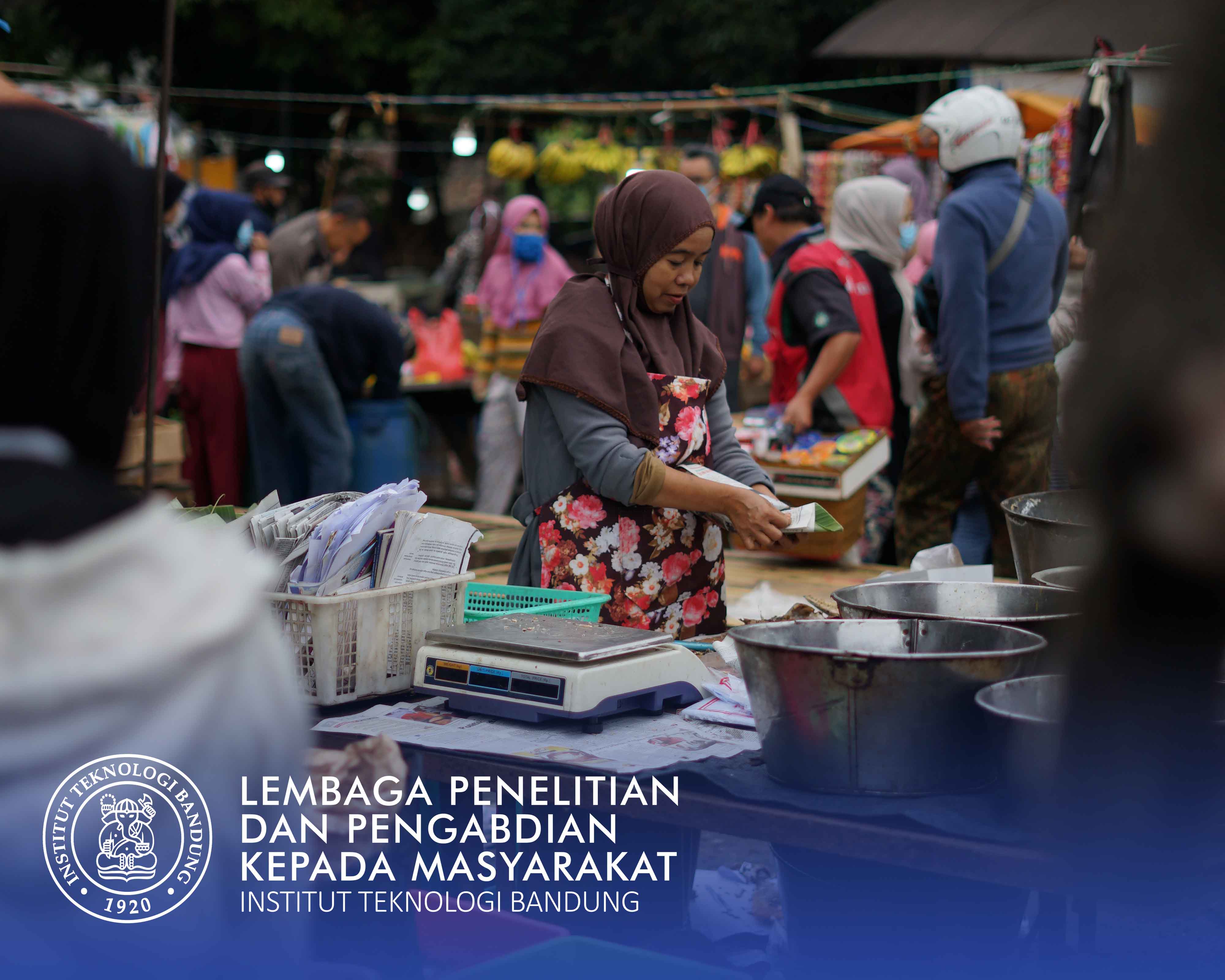

Asep Darmansyah
Permaculture in Indonesia is not yet widely known. Therefore, the LPPM ITB community service implementation team introduced the permaculture system to the younger generation of SMAN Cimanggung students as a form of socialization and motivation in the integrated and sustainable use of land, plants and livestock. The activity was carried out through training and mentoring, by taking them to see the Alam Endah Permaculture Garden directly near their school location. The target of this training and mentoring activity is for students to become familiar with permaculture, be able to maintain personal health and environmental sustainability, and be able to develop permaculture gardens in their respective school environments or home gardens. The results of the activity show that students understand and are able to maintain personal hygiene and keep the environment clean and healthy through the school's permaculture garden.
Students gain knowledge and understanding of the environment, sustainability, ecosystems, & permaculture farming. Guided by teachers and facilitated by the school, students will be motivated to build a school permaculture garden. Permaculture products can be processed into lunch sources for students, teachers and school employees as healthy, pesticide-free and organic food, or can be sold on the market.
In the school yard of SMAN Cimanggung, which previously had a green garden, it has become increasingly well maintained and has become a very pleasant study and recreation space. School permaculture gardens can support a learning curriculum that includes environmental awareness, sustainability and independence which is part of the Project for Strengthening the Pancasila Student Profile (P5) in schools. Training and mentoring for SMAN Cimanggung students is able to provide them with a good understanding of the importance of maintaining a clean and healthy environment through the school's permaculture garden.